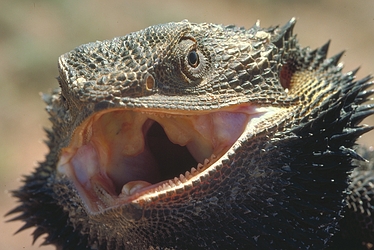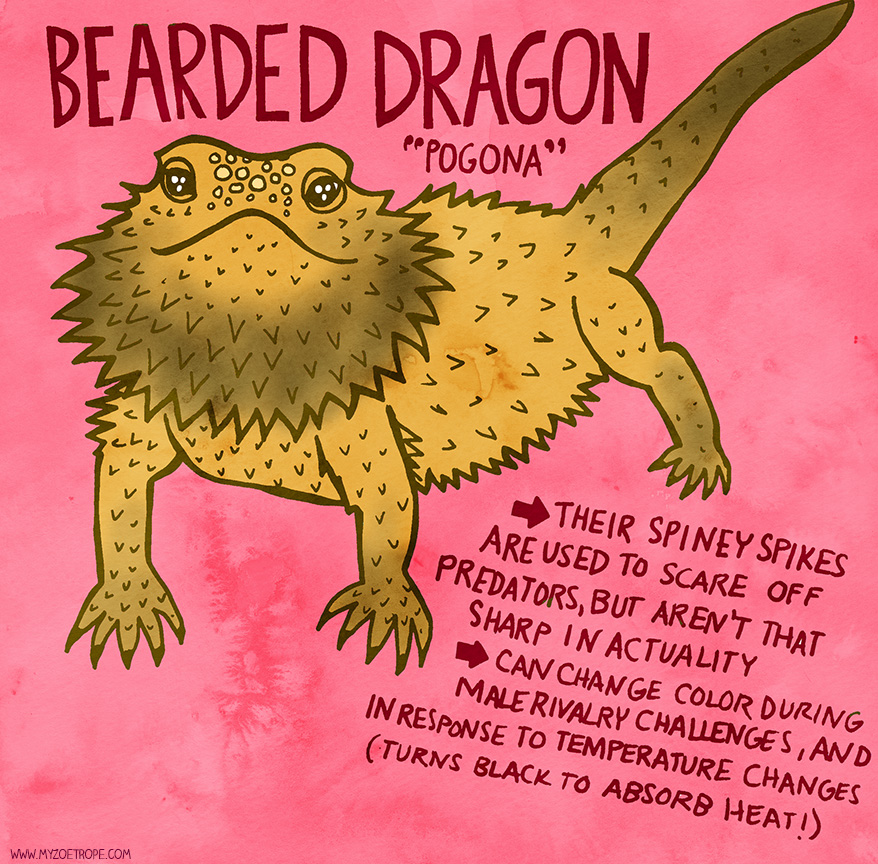My Baby Bearded Dragon Won't Eat - What to Do?
My Baby Bearded Dragon Won’t Eat - What to Do?
Bearded dragons are fascinating and adorable reptiles that make great pets. They are known for their docile nature and ability to adapt quickly to their new surroundings. If you are a new pet owner, you might be worried if your baby bearded dragon refuses to eat. In this blog post, we will discuss various reasons for this and some helpful tips to encourage your pet to eat.
Reasons for Refusal to Eat
There are several reasons why your baby bearded dragon might not be eating:
- Stress from a new environment
- Inadequate heat or lighting in the tank
- Improper diet
- Health issues such as parasites or infections
- Impaction from ingesting substrate or other foreign objects
Tips to Encourage Feeding
If your bearded dragon has stopped eating or is eating less than usual, try these tips:
Check the Temperature and Lighting
Bearded dragons are cold-blooded animals and rely on external sources for heat and light. The temperature in the enclosure should be between 75 and 85 degrees Fahrenheit, with a basking spot that reaches 90 to 110 degrees. In addition, use a UVB light to provide the necessary spectrum for their health. Make sure the equipment is functioning correctly and on schedule, and replace the bulb regularly.
Adjust the Diet
Bearded dragons have specific dietary needs. They require a diet that is high in protein, vitamins, and calcium. Make sure that you are feeding your baby bearded dragon the right food, such as live crickets and mealworms or pre-packaged commercial diets. It is recommended that you dust the food with calcium or vitamins powder to supplement the necessary nutrients.
Reduce Stress
Feeding time should be reduced or eliminated to reduce stress. Overfeeding, too much handling, and a too-crowded enclosure can stress out your pet. Create a calm and safe environment for your bearded dragon by keeping its tank in a quiet area with minimal activity.
Seek Veterinary Assistance
If your bearded dragon has stopped eating for an extended period or shows any other signs of distress, you should seek advice from a veterinarian specializing in reptile medicine. They have the expertise to examine your pet, diagnose any underlying health principles, and provide medical intervention if necessary. A veterinary examination can save your pet’s life.
Conclusion
A baby bearded dragon that doesn’t want to eat is a cause for concern. The factors influencing your pet’s appetite can range from environmental issues to health concerns. It is best to take care of the problem immediately and carefully. Follow the tips in this post to encourage your pet to eat or seek veterinary attention if necessary. With proper care and attention, you can get your baby bearded dragon back to its normal and healthy routine again.





